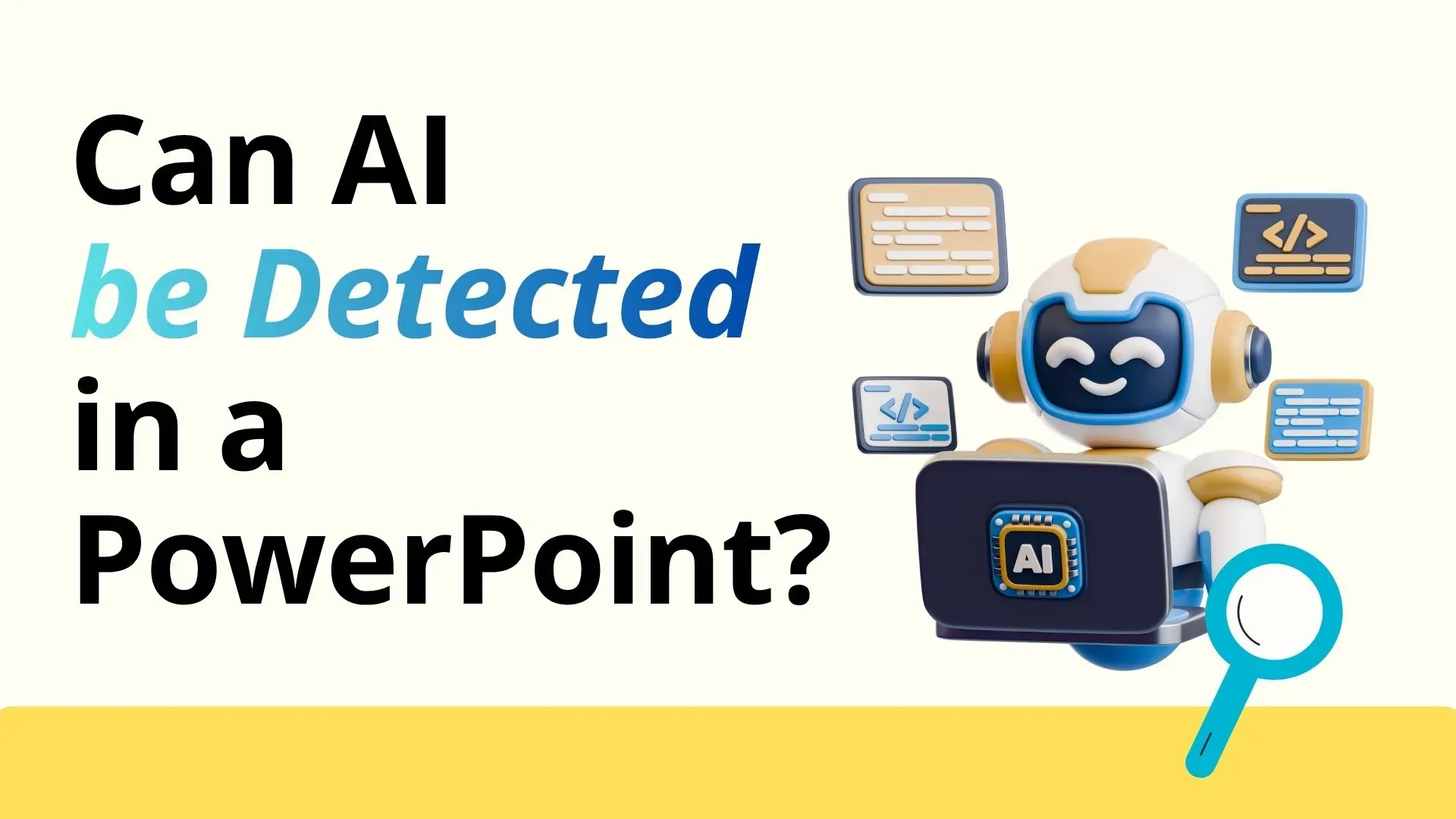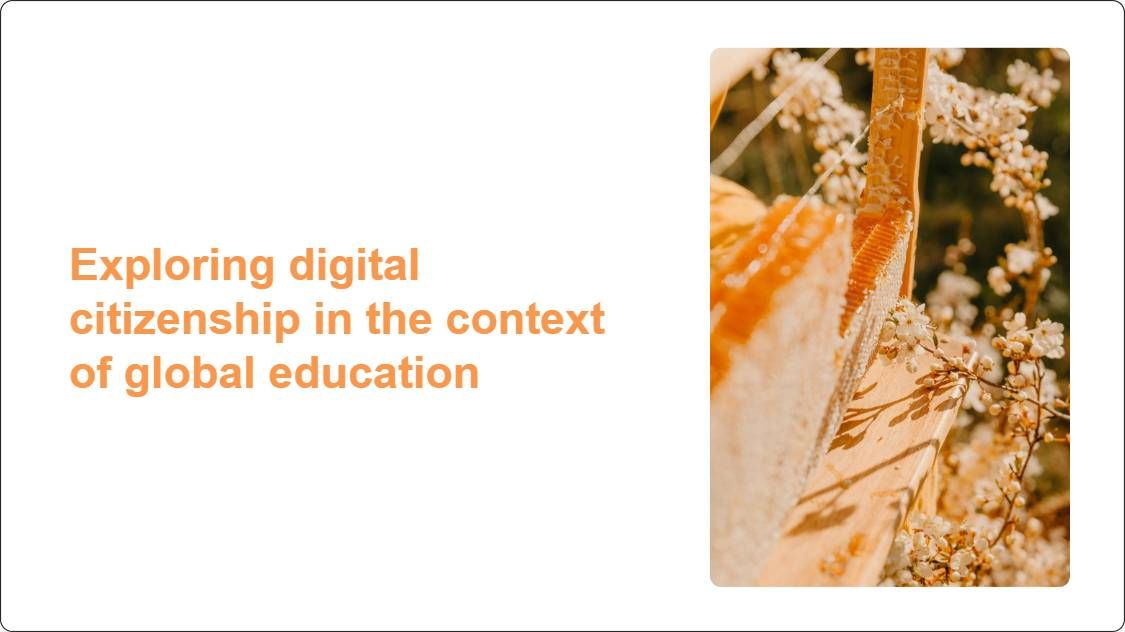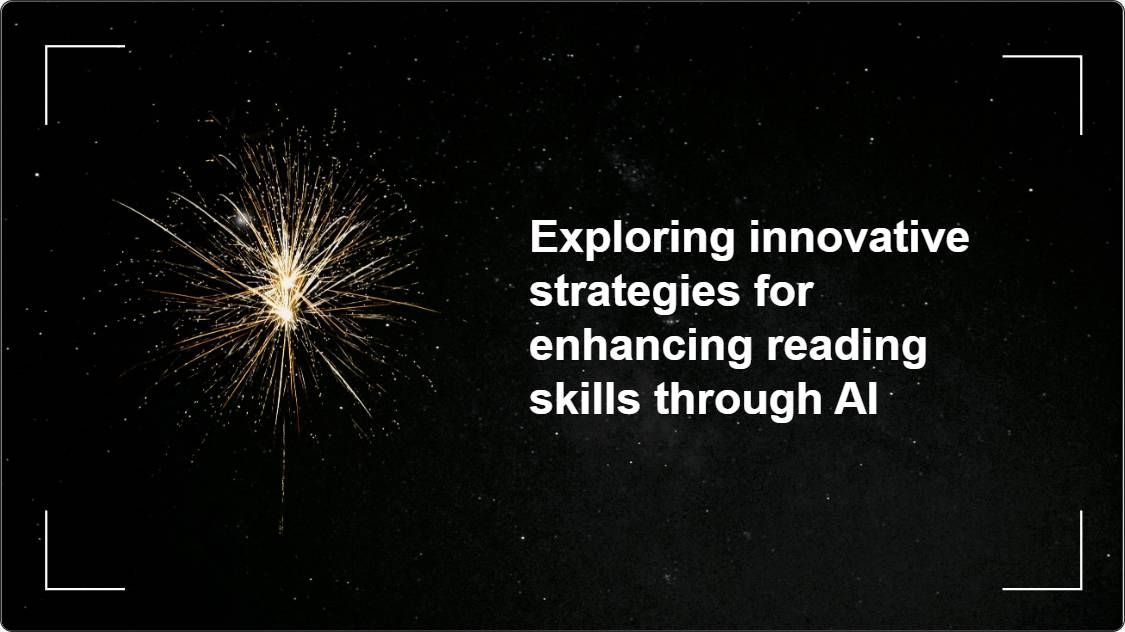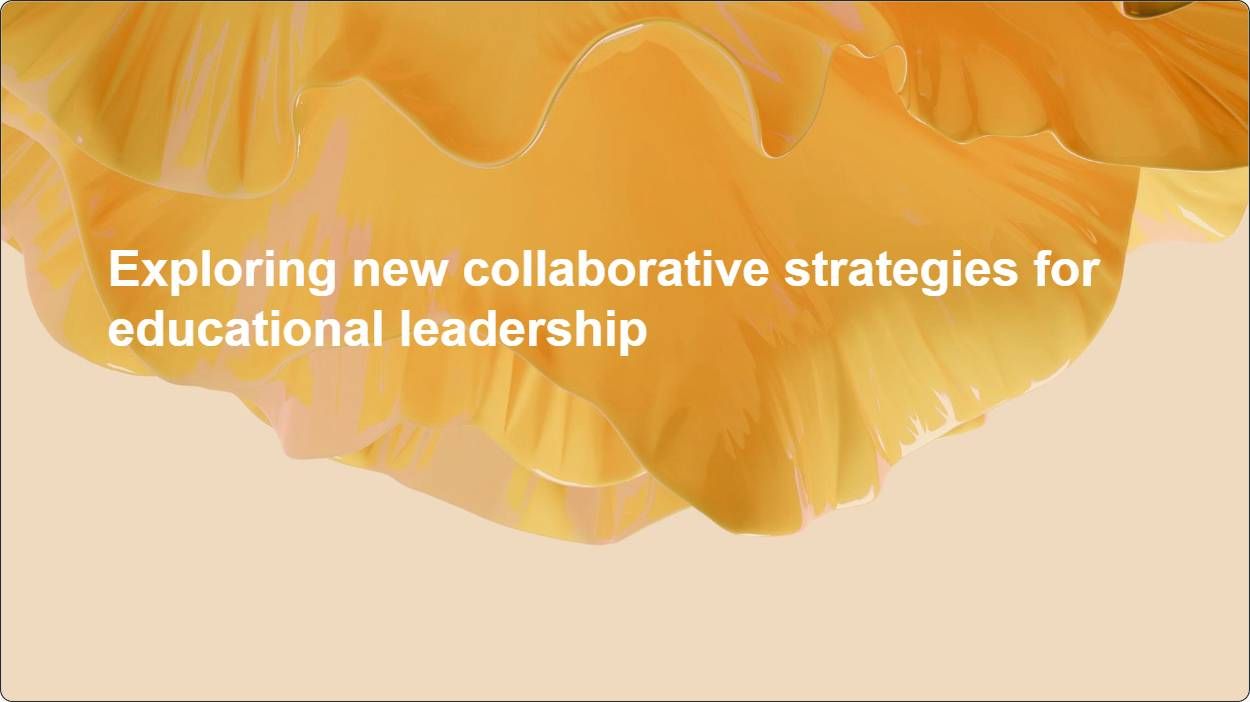The Art of Data Interpretation in Information Processing
The Art of Data Interpretation in Information Processing
Data interpretation is a crucial skill in the field of information processing, where raw data is transformed into meaningful insights. This art involves analyzing patterns, drawing conclusions, and making informed decisions based on quantitative and qualitative data. Mastering data interpretation enhances problem-solving and fosters a deeper understanding of complex information landscapes.
FAQs
Related posts on our blog

Presentation Maker AI:Gamma vs Smallppt

Can AI be Detected in a PowerPoint Presentation?

Can Turnitin Detect AI in PowerPoint Presentations?

Can Teachers Detect AI in PowerPoints?

How to Export Your Google Slides Presentation as a PDF File

Is There a Free AI PowerPoint Generator?
Related presentations
Digital citizenship encompasses the rights and responsibilities of individuals in the digital realm, emphasizing ethical participation in global education. As technology connects diverse communities, understanding digital literacy, online safety, and respect fosters a better learning environment. Advocating for responsible digital behaviors empowers students to thrive in an interconnected world.
The landscape of vocational training is rapidly evolving, driven by technological advancements and shifting labor market demands. Key trends include online learning, personalized curriculums, and industry collaboration, equipping learners with relevant skills. Emphasizing adaptability and real-world experiences, these innovations aim to enhance employability and bridge skills gaps for future workers.
AI-enhanced reading techniques represent a paradigm shift in literacy improvement, integrating personalized learning and data-driven insights. By harnessing artificial intelligence, educators can create adaptive reading programs that cater to individual needs, fostering engagement and comprehension. This innovative approach aims to elevate literacy rates and empower learners of all ages.
Innovative approaches to collaborative educational leadership focus on fostering inclusivity and shared responsibility among educators, students, and communities. These strategies enhance communication, encourage diverse perspectives, and promote collective decision-making, ultimately improving educational outcomes and nurturing a supportive environment conducive to growth and innovation in learning.
Show More
Make your ideas real
Real-time online editingGenerate slides in one minuteUnlimited access to a vast template libraryTurn ideas into stunning slides instantlySmart layouts, auto-designed for impactSave hours with AI-powered productivityYour content, beautifully presentedReal-time online editingGenerate slides in one minuteUnlimited access to a vast template libraryTurn ideas into stunning slides instantlySmart layouts, auto-designed for impactSave hours with AI-powered productivityYour content, beautifully presented
Free AI generation




